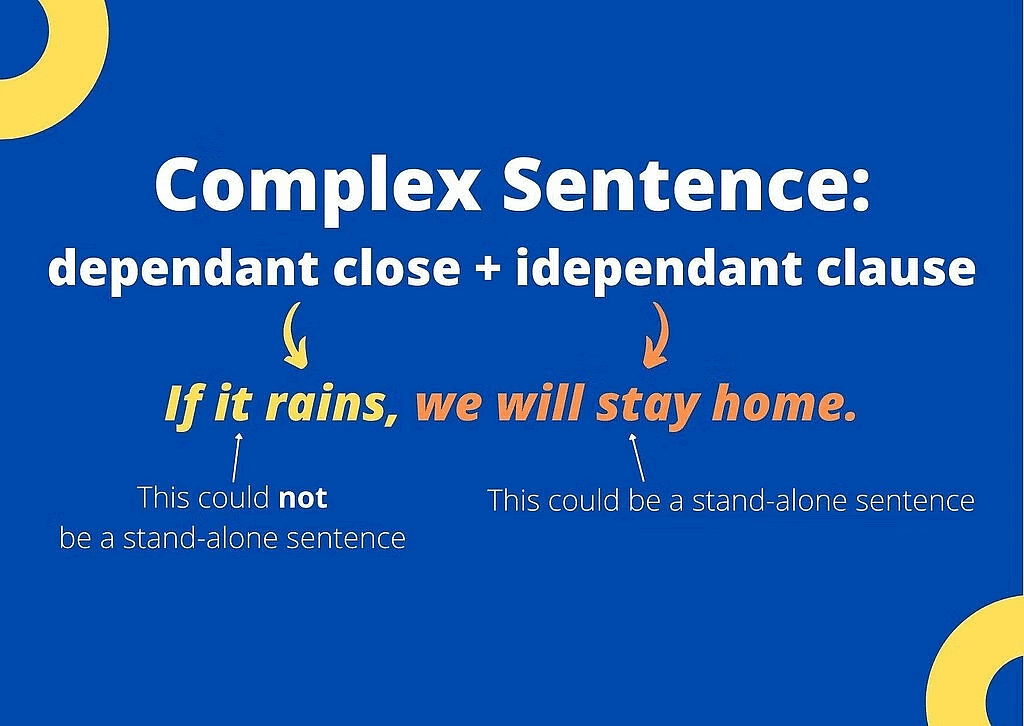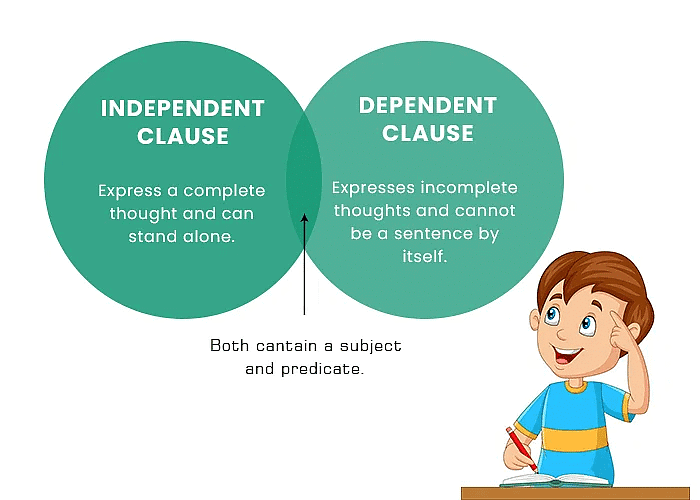Notes: Sentence Clauses | Basic Grammar for IELTS PDF Download
As you will see from the IELTS writing band descriptors, you need to be able to write complex sentences in order to score higher for your grammatical range - and write them correctly so you don't get marked down on your accuracy!
Let’s look at the first example. There are four simple ideas that are put into simple sentences:
- Global warming is a common topic these days.
- Global warming causes environmental problems.
- There are tough challenges associated with global warming.
- Global warming has very serious consequences.
If we write all of our sentences in the IELTS exam like this, we lose marks because they are too simple. What we need to do is put them together to make complex sentences.
For example: One of the most common environmental issues is global warming which causes many serious environmental problems. Tough challenges are associated with this issue, and its effects have very serious consequences.
There is nothing ‘complex’ about these sentences, just simple ideas put together. ‘Complex’ is just a label, not a description.

The building blocks of sentences are 'clauses' though, so the first step is understanding these.
For example, a band 4 makes only "rare use of subordinate clauses" according to the public band descriptors.
This implies you must be making good use of subordinating clauses to get a higher score, so you need to know first what sentence clauses are.
What are the basic parts of a Sentence?
A sentence is commonly defined as "a complete unit of thought." Normally, a sentence expresses a relationship, conveys a command, voices a question, or describes someone or something. It begins with a capital letter and ends with a period, question mark, or exclamation mark.
The basic parts of a sentence are the subject and the verb.
- The subject is usually a noun—a word (or phrase) that names a person, place, or thing.
- The verb (or predicate) usually follows the subject and identifies an action or a state of being.
Examples:
- The hawk soars.
- The boys laugh.
- My daughter is a wrestler.
- The children are tired.
What is a clause in a sentence?
A clause is a group of words with a (s) subject and a (v) verb.
- To make a complex sentence, we normally should have two things- a dependent clause and an independent clause.
- An example of a dependent clause is ‘….because the weather was cold.’ This is a dependent clause because it has a subject and a verb but doesn’t make any sense. To make sense, we need to add an independent clause.
- As the name suggests, an independent clause can make sense independently. For example, ‘I wore a warm coat.’
- If we combine these two clauses, we get a complex sentence- ‘I wore a warm coat because the weather was cold.’
For example:
(s) Computers (v) are important.
= 1 sentence with 1 clause.
We can have two clauses, though, i.e., two groups of words with a subject and a verb:
(s) Computers (v) are important, but (s) they (v) are dangerous too.
= 1 sentence with 2 clauses.
I'm going out tonight so I must get ready soon.
How about three-sentence clauses?
(s) Computers (v) are important, but (s) they (v) can be dangerous too, so (s) we (v) must be careful.
= 1 sentence with 3 clauses.
Now let's add a fourth!
(s) Computers (v) are important, but (s) they (v) can be dangerous too, so (s) we (v) must be careful when (s) we (v) use them.
= 1 sentence with 4 clauses.
You'll have noticed then that a sentence is not the same thing as a clause.
A sentence is a group of words that comes between two full stops and it must be a complete thought that makes sense.
So sentence clauses are what build a sentence, and one sentence can have a number of clauses.
What if there is no subject and verb?
It's essential to know the difference between phrases and clauses.
If there is no subject or verb in part of the sentence, then this may be a phrase.
For example:
(p) In many countries around the world, flooding is becoming more common.
A phrase is a group of words without a subject and verb (a phrase on its own obviously cannot be a sentence because every sentence has a subject and a verb!).
|
18 videos|54 docs
|

















